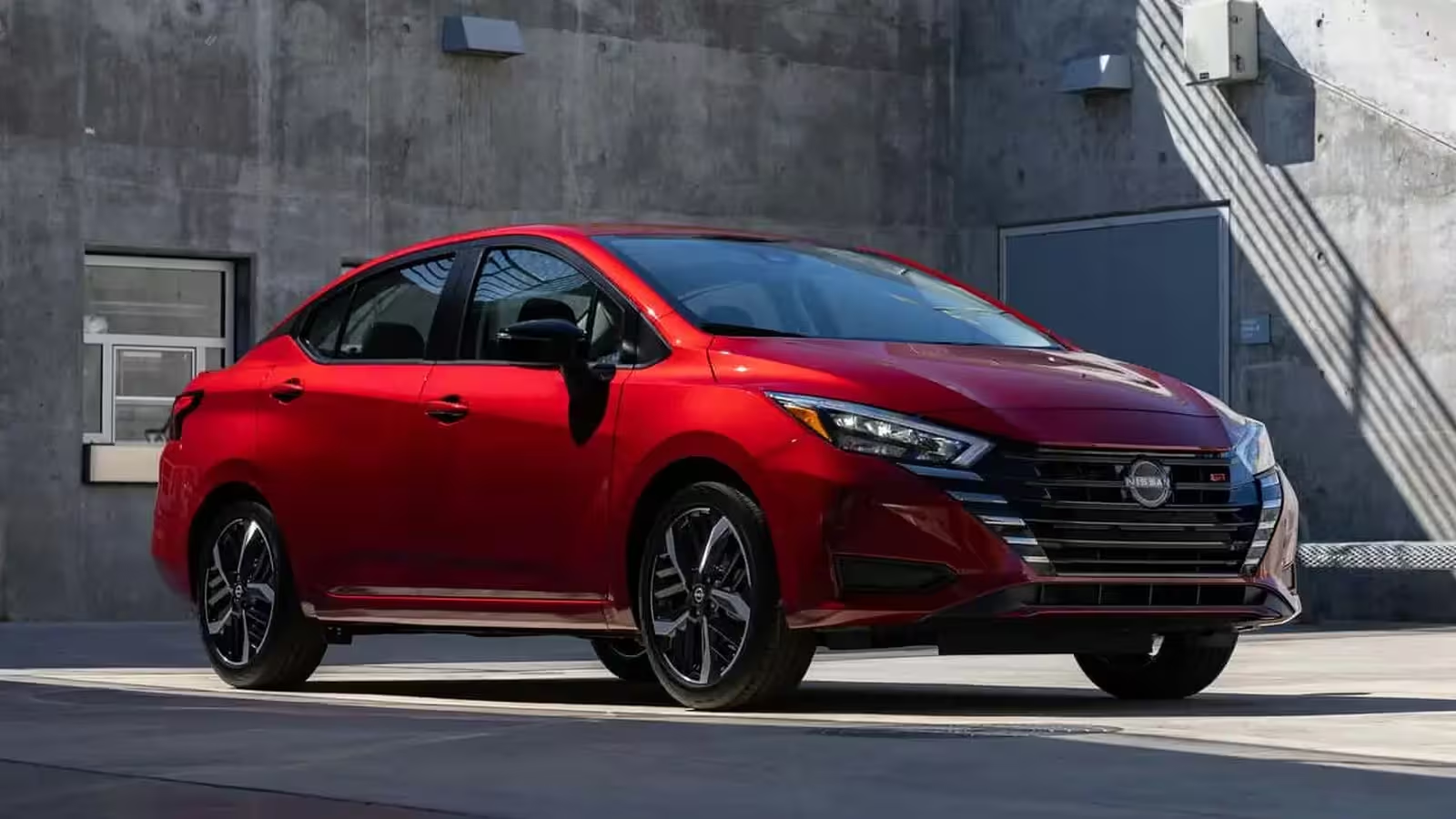3 Minutes
Nissan’s groundbreaking VC-Turbo engine once promised to revolutionize the automotive industry with its blend of power, fuel efficiency, and reduced emissions. By employing a sophisticated variable compression system connected by precision-engineered cam-linked rods, this technology was at the forefront of automotive engineering. However, a complex design flaw has led Nissan to announce a significant recall, impacting nearly 444,000 vehicles, including popular models such as the Nissan Rogue, Altima, and Infiniti QX50 and QX55.
What Is the Nissan VC-Turbo Engine?
The Variable Compression Turbo engine, or VC-Turbo, was engineered to dynamically change its compression ratio, offering a rare balance between performance and efficiency. The 1.5-liter three-cylinder engine powers the Nissan Rogue, while a turbocharged 2.0-liter four-cylinder variant is found in the Nissan Altima, Infiniti QX50, and Infiniti QX55. This advanced engine design quickly garnered attention for its responsive power delivery and impressive fuel economy ratings, placing Nissan at the forefront of turbocharged engine technology.
Details of the Recall: A Closer Look at the Issue
Nissan’s latest recall encompasses the following models:
- 2019–2022 Infiniti QX50
- 2022 Infiniti QX55
- 2019–2020 Nissan Altima
- 2021–2024 Nissan Rogue
The heart of the problem lies with the main bearing as well as the A-, C-, and L-link bearings essential to the VC-Turbo system’s unique compression mechanism. Over time, these bearings may degrade, leading to gradual—but eventually catastrophic—engine failure. Warning signs include rough engine performance and illuminated dashboard alerts. Should the issue progress, complete engine replacement may become necessary.
How Nissan Is Addressing the Recall
Nissan and Infiniti dealerships are inspecting engine oil for telltale metallic shavings, a sign of bearing deterioration. If metal debris is detected and traced to the bearing assemblies, Nissan will replace the affected engine entirely at no cost to the customer. For drivers of the 1.5L VC-Turbo Nissan Rogue without engine debris, the solution involves installing a new oil pan, a fresh gasket, and an oil change. Owners of the 2.0L VC-Turbo in the Altima, QX50, and QX55 will receive an oil change.
Recall Scope and Market Implications
Importantly, this is not a blanket recall for every model produced during the affected years. Nissan has meticulously traced the defective bearings to specific engine serial numbers. Out of nearly a million Rogues sold in the U.S. from 2021 to 2024, around 348,554 will be recalled. Across all models, Nissan estimates that only about 5%—roughly 22,200 vehicles—will require complete engine replacement. The recall notices will be sent starting August 25 to owners matched to the affected serial numbers.
While the focus of this campaign is uniquely tied to the pioneering VC-Turbo engine components, Nissan’s reputation for initial quality remains strong. According to the JD Power Initial Quality Survey, Nissan continues to hold its own near the top of the rankings, sitting just behind Lexus. However, long-term dependability places the brand mid-pack.
Comparisons and Market Position
Nissan’s VC-Turbo technology competes with turbocharged engines from rivals such as Honda, Toyota, and Mazda. While others may favor traditional fixed-compression designs for greater simplicity and reliability, Nissan’s pursuit of variable compression shows the brand’s commitment to innovation—albeit with increased mechanical complexity.
This recall serves as a cautionary tale for automakers pushing the envelope of engine design. Nissan’s proactive approach, including free repairs and transparent communications, aims to maintain customer trust and reinforce its competitive edge. As the company works toward greater profitability and expanded U.S. production to avoid tariffs, addressing VC-Turbo issues swiftly and responsibly is key to Nissan’s global strategy moving forward.
Source: carbuzz



Comments